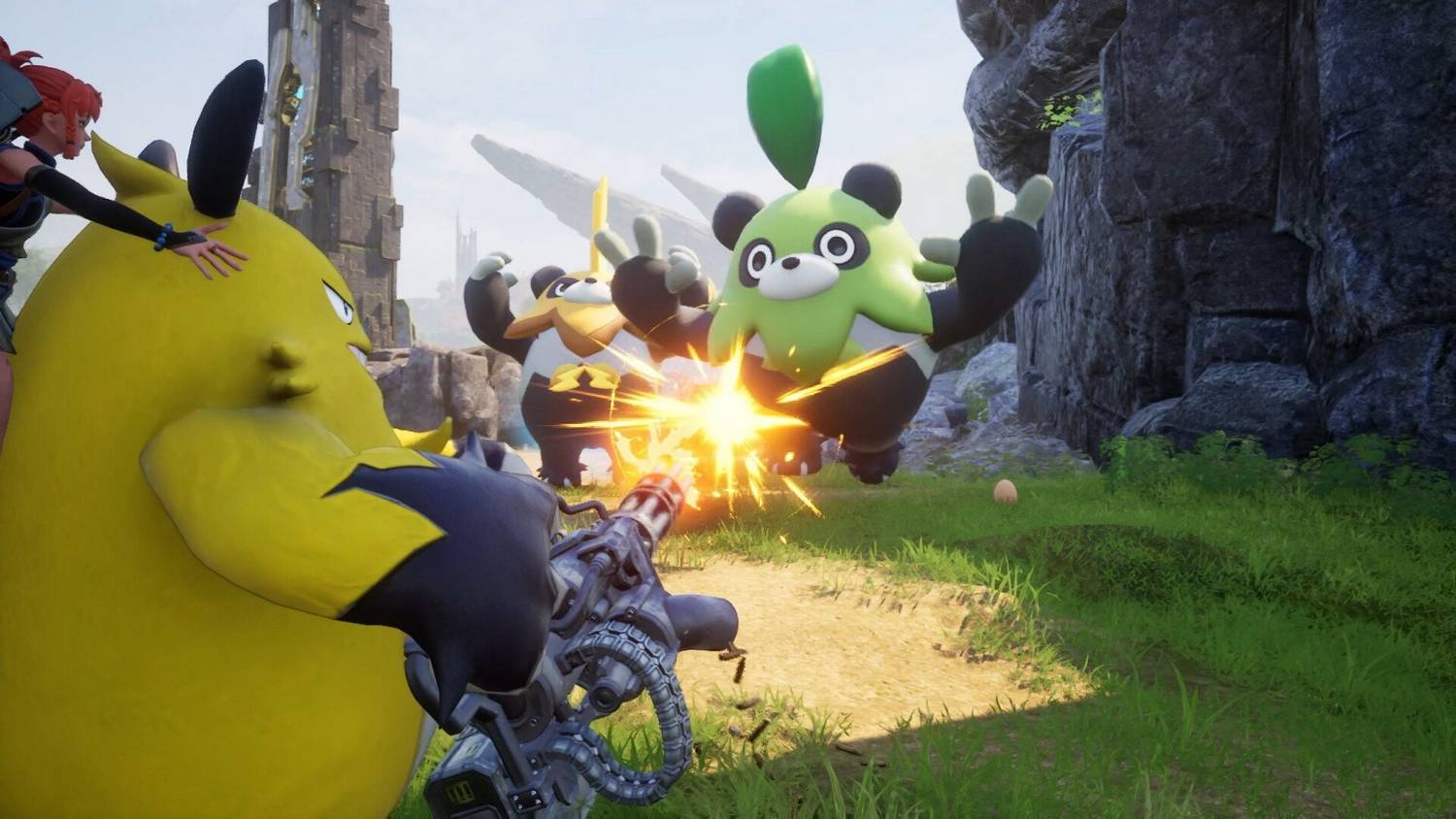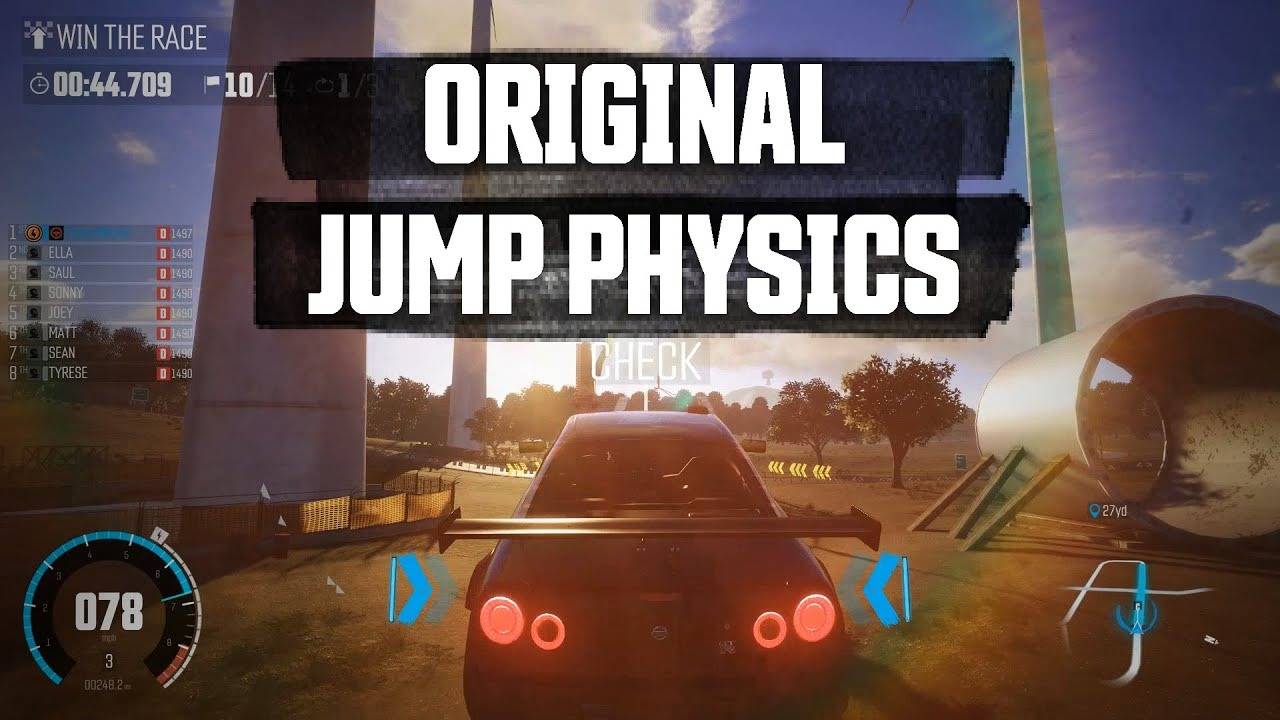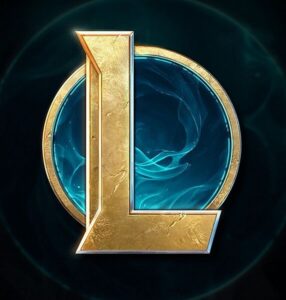A Moral Maze: Fan-Made The Crew Revival Puts Players on Notice About Piracy and Responsibility
Popular Now
 Black Myth: Wukong
Black Myth: Wukong
 R.E.P.O
R.E.P.O
 Toca Boca World
Toca Boca World
 Minecraft
Minecraft
 Candy Crush Saga
Candy Crush Saga
 Counter-Strike 2
Counter-Strike 2
 Among Us
Among Us
 Roblox
Roblox
 CarX Street
CarX Street
 When Ubisoft made the controversial decision to sunset its servers and effectively render the original The Crew unplayable, a dedicated community of fans and modders stepped in. The result was “Project Breakout,” a fan-made server resurrection that has brought the iconic racing game back from the dead. This act of preservation was widely celebrated, but it has also created an unexpected point of friction with a portion of the player base. The developers behind the project have issued a firm statement, clarifying their position on a sensitive issue: they will not provide support for pirated copies of the game, stating that any functionality issues with non-legitimate versions are simply “not their problem.”
When Ubisoft made the controversial decision to sunset its servers and effectively render the original The Crew unplayable, a dedicated community of fans and modders stepped in. The result was “Project Breakout,” a fan-made server resurrection that has brought the iconic racing game back from the dead. This act of preservation was widely celebrated, but it has also created an unexpected point of friction with a portion of the player base. The developers behind the project have issued a firm statement, clarifying their position on a sensitive issue: they will not provide support for pirated copies of the game, stating that any functionality issues with non-legitimate versions are simply “not their problem.”
A Battle Against DRM and Delisting
The original delisting of The Crew was a major point of contention in the gaming community, highlighting the vulnerabilities of “digital ownership” in an age of always-online games. When a title is tied to a developer’s servers, its life is entirely dependent on the company’s will. For many, the “Project Breakout” resurrection was a beacon of hope, a demonstration of the power of a dedicated community to reclaim a beloved piece of gaming history. The project operates by creating an unofficial server that a legally purchased, but now defunct, copy of The Crew can connect to. This allows players to experience the game’s open-world map and many of its online features again, something that was previously impossible.
However, the project’s success has led to new problems. Some users, who had downloaded pirated versions of the game, began reporting technical issues and demanding support from the volunteer developers. This put the project’s team in a difficult position. They are not a commercial entity; they are a small group of enthusiasts working to preserve a game for those who rightfully own it. Their resources are limited, and their focus is on maintaining a stable environment for their legitimate user base. Their blunt statement on the matter—”If it doesn’t work with your pirated copy, that’s not our problem”—was a necessary, if sharp, reminder of the project’s purpose and its limitations.
- The Ethical Line: The developers have drawn a clear boundary, refusing to support users who have not legally purchased the game, even though the official servers are offline.
- A Question of Legality: The fan-made server, while a passion project, exists in a legal gray area. Supporting pirated versions could expose the project to legal action from Ubisoft.
 The Unspoken Rules of Game Preservation
The Unspoken Rules of Game Preservation
The situation brings to light a critical, often unspoken, rule of game preservation projects. While these initiatives are often born out of a desire to save a game from being lost forever, they must operate within certain ethical and legal frameworks to survive. By explicitly refusing to support pirated copies, the “Project Breakout” team is protecting itself from potential legal complications and, perhaps more importantly, is sending a message about the value of their work. They are not a free service for anyone who wants to bypass the system; they are custodians of a game for its rightful owners.
This incident also serves as a poignant reminder that even in the absence of official support, piracy remains a complex issue. While a game is no longer for sale and its servers are shut down, the intellectual property still belongs to the original publisher. Fan projects like “Project Breakout” are a testament to the community’s passion, but they walk a tightrope. Their success depends on the goodwill of the original developers, who could, at any time, issue a cease-and-desist. By taking a strong stance against piracy, the “Project Breakout” developers are not just enforcing a rule; they are ensuring the long-term viability of their project, so that the legitimate fans who want to relive the glory days of The Crew can continue to do so for years to come.








